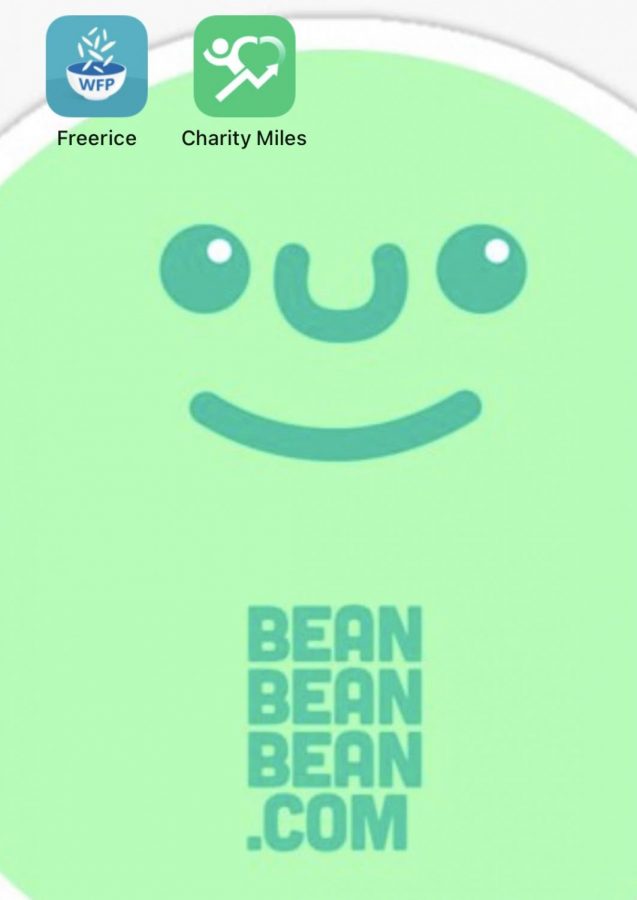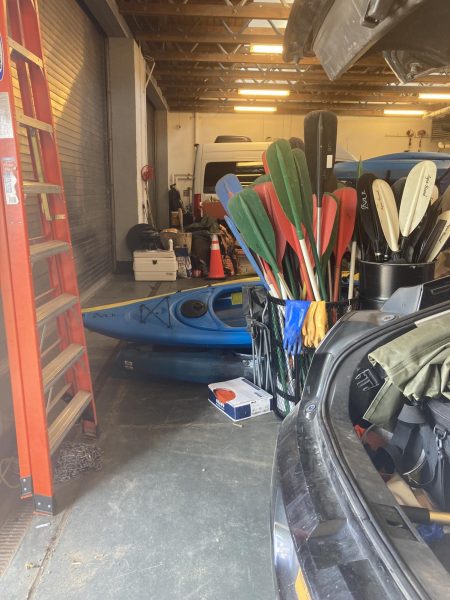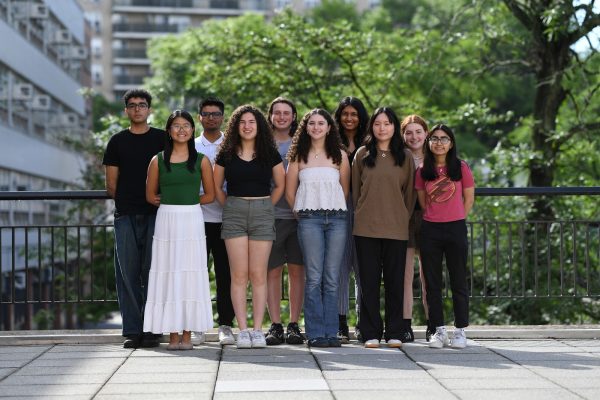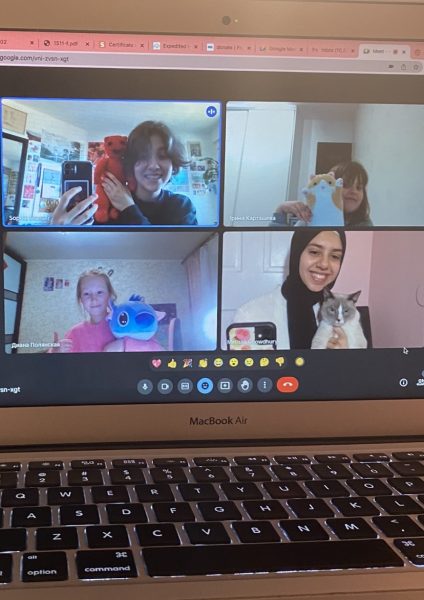Want to Donate, But Have No Money? No Problem!
An analysis of the free charity apps Freerice, BeanBeanBean, and Charity Miles.
Freerice, Charity Miles, and BeanBeanBean all require minimal storage space.
Humans have been performing charitable acts since civilizations began around 6,000 years ago, so it is no surprise that there are now over 1.5 million nonprofit organizations in the United States alone. While there are a plethora of charities for which we would love to show our never-ending support, it is not practical for the average person to join them all. Luckily, free apps like Freerice, BeanBeanBean, and Charity Miles let us make donations by simply walking or playing fun trivia games.
I first discovered these charity apps through Bronx Science’s Key Club. During the summer of 2020, Key Club had a month-long event with Freerice, an educational trivia game that collects ad revenue when players answer trivia questions correctly. These ads were barely noticeable and did not detract from my experience at all.
The World Food Programme (WFP), owner of Freerice and the world’s largest humanitarian organization, then uses this money to help those in need. Freerice offers a variety of categories for players to choose from, ranging from math to Coronavirus facts. These categories can also be manually or automatically adjusted for difficulty level, thus preventing a repetitive and tedious gameplay. There is also a friends feature which allows players to interact with others as they play. “For Freerice, people can see others’ progress, which makes it a competition to reach for first place,” said Key Club president, Vanessa Fang ’21. This motivates students to play in a friendly yet fierce competition to donate and see who can generate the most revenue for charities.
The accessibility and convenience of such an app is what has drawn so many people to it. It allows people to generate money for charities when waiting in line, commuting on a bus, or just relaxing at home. Mandy Lim ’23, winner of the Key Club’s Freerice event, noted how it “felt good knowing my boredom was helping someone. I did it whenever I got bored, and it eventually added up.”
An alternative to Freerice is the easy, educational website, BeanBeanBean. Created by Ethan Dirks, this website pushes against the dominance of manipulative, profit-oriented services on the internet, fighting against seemingly inescapable consumerism. “I wondered why so many people were content using technology for such immoral aims. I decided I couldn’t be a part of that,” Dirks said. BeanBeanBean’s unique, animated, and colorful design gives it personality, with many trivia categories such as the image game “What is This?” and American Sign Language (ASL). Although not owned by an established humanitarian organization such as the WFP, BeanBeanBean provides documentation of its donations to U.S. food banks, research hospitals, and natural disaster relief efforts.
For those who are not a big fan of trivia games, or simply prefer to be more active, Charity Miles is a great option. Created by Gene Gurkoff, Charity Miles is a great way for runners to easily be sponsored by big brands. This app uses the phone’s pedometer and GPS to record miles through exercising or taking short walks, and converts it into money. The money comes from Charity Miles’s reputable sponsors like Johnson & Johnson and Garmin, and gets donated to a charity of the user’s choice. Users are able to choose from the forty available charities, making the experience a lot more personal. Moreover, this app was created as a marketing platform to redirect money that big companies would usually use for mobile advertising to more philanthropic initiatives instead.
It is about time for technology to help us to uplift one other, instead of discouraging each other. With the help of Freerice, BeanBeanBean, and Charity Miles, donating has never been easier. Together, we can make a big difference by playing a few games or taking short walks during our spare time. Although it may not seem like a lot, our small contributions do add up to something meaningful.
“I wondered why so many people were content using technology for such immoral aims. I decided I couldn’t be a part of that,” said Ethan Dirks, founder of BeanBeanBean.
Miaoting Zhen is a Managing Editor/Advisory Editor for ‘The Science Survey.’ She finds journalistic writing appealing because of its informative yet...
Miaoting Zhen is a Staff Reporter for ‘The Science Survey.’ She finds journalistic writing to be very appealing because of its informative yet simple...











